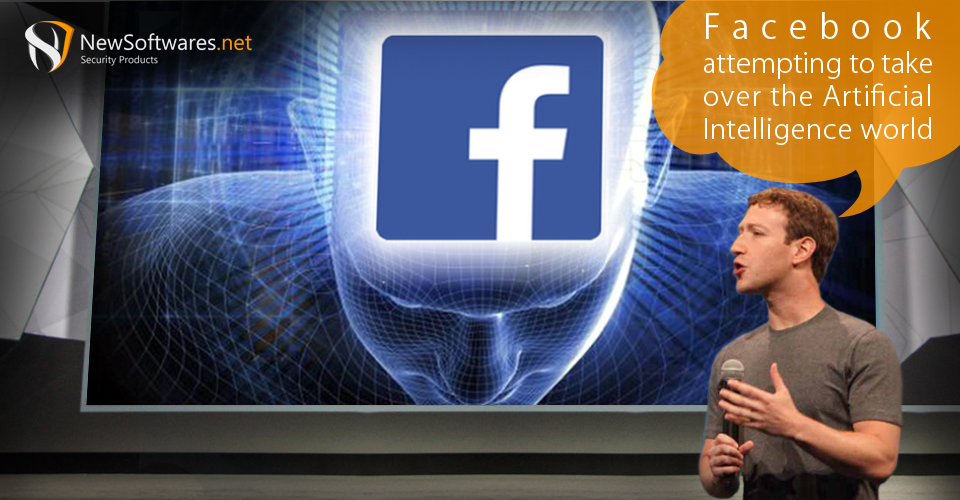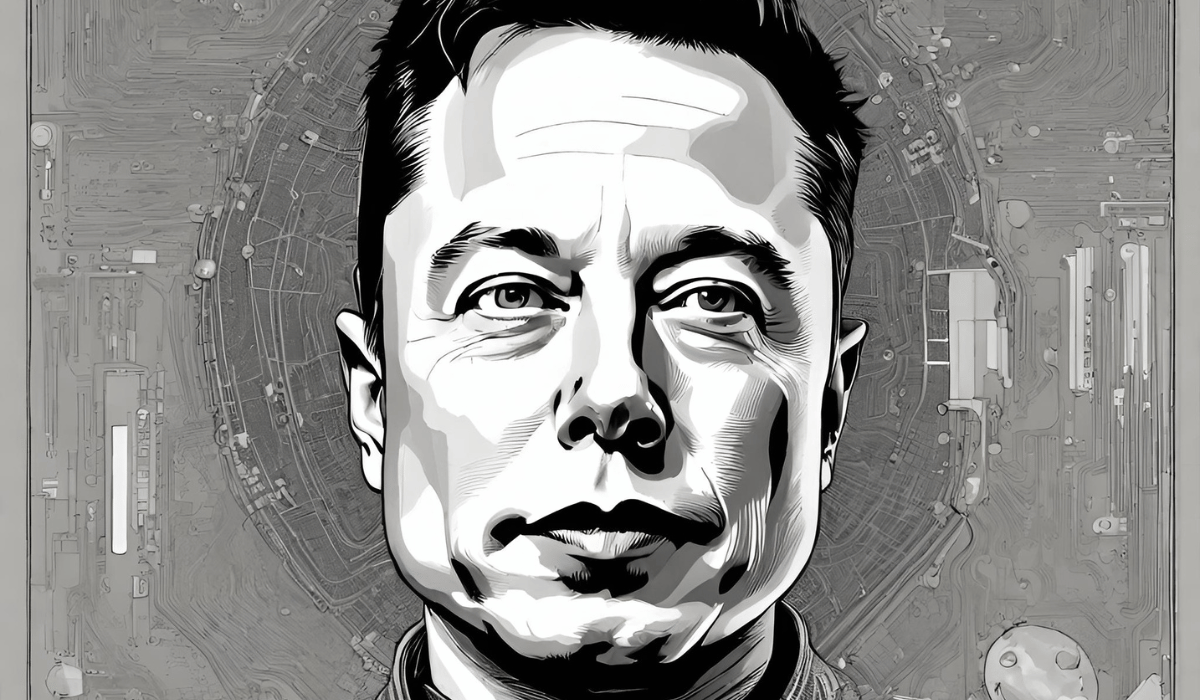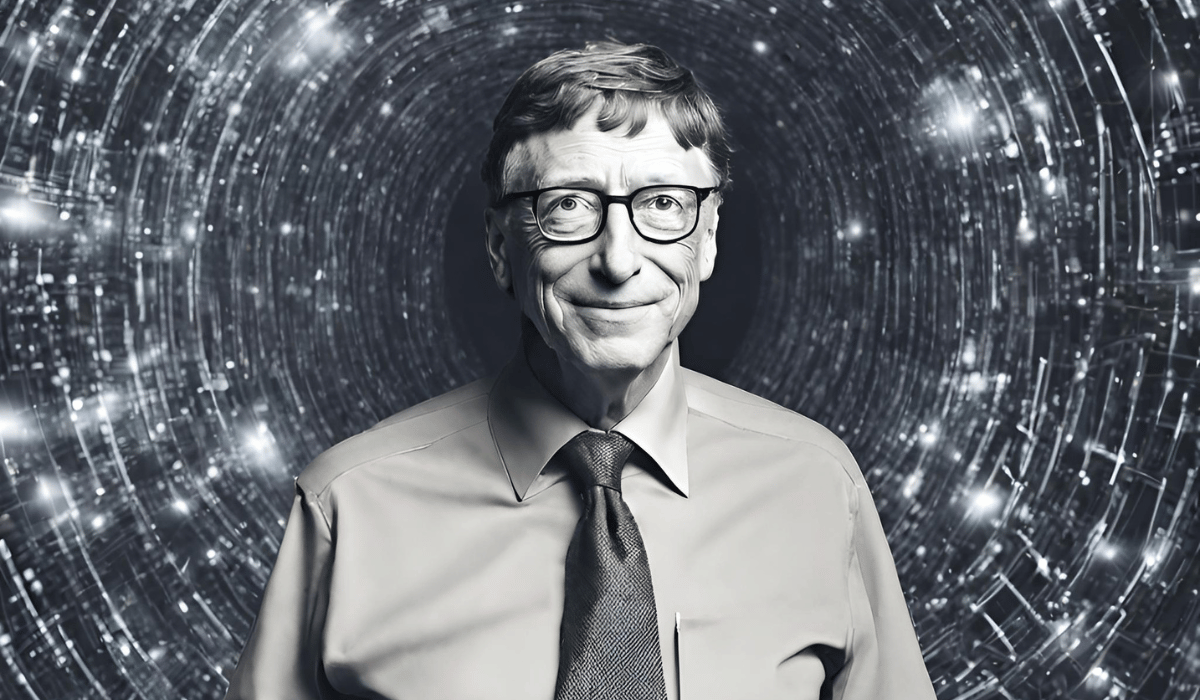Those of you who use Facebook may already be familiar with much of the company’s current Artificial Intelligence features. For example, if you want to tag a friend on a photo that you’ve recently uploaded, Facebook automatically detects your friend in the photo and gives you suggestion based on that. The social media titan has recently announced plans to go one step, or may I say two steps further by updating their current AI model.
The company has already unveiled a technology earlier this year, named ‘Memory Networks’, which allows a machine to perform sophisticated questioning and answering. Now it plans to go further ahead, by using this technology to allow users to “see” what’s happening in the picture without looking at it! That’s right. The company has confirmed that this technology is currently going through a series of trials. If it works, this technology will allow a machine to identify different aspects of a picture and then answer questions about it.
The social network said on Tuesday that it has created a system that teaches machines to identify objects and actions in a photo that is 30% faster and uses 10 times less training data than most other systems and industry benchmarks. This new development would be particularly helpful for people who are visually impaired. They would not need to look at the picture to see what’s happening. What they can do is ask a series of questions regarding that picture and the machine would then be able to answer their queries.
This is not all. The company has also announced that it is working on updating its artificial intelligence model so that it would be able to play a game that no other AI system has yet mastered. Go is an eastern two-player game that has more than 300 times the number of plays as chess. Go is truly a difficult game that requires lots of thoughtful planning. The game is played on a 19 X 19-line grid. The players are given a set of black and white stones and must attempt to cover a larger surface area of the board than their opponent.
After the first two moves of a chess game, there are about 400 possible next moves. In Go, there are close to 130,000. No computer system has ever managed to beat a human at Go. Facebook, however, is attempting to do just that and make history just the way IBM’s Deep Blue computer did when it beat world chess champion, Garry Kasparov in 1996.
How Is Facebook Using Artificial Intelligence?

Facebook is using artificial intelligence in a variety of ways. AI is used to power features such as facial recognition for tagging people in photos, automatic translation of posts, and content moderation. AI is also used to power personalized recommendations on the News Feed, and to help identify and remove spam and other malicious content. Additionally, Facebook is using AI to identify and respond to user inquiries, and to help connect people with relevant content.
Elon Musk Reviews About AI

Elon Musk has been an outspoken critic of the potential risks posed by artificial intelligence. He has warned that AI could become a “fundamental risk to the existence of human civilization” and has called for more government oversight of the technology. He has also expressed concerns about the potential for AI to be used for malicious purposes.
Powerful Examples Of Artificial Intelligence
1. Machine Learning: Machine learning is a type of artificial intelligence that enables computers to learn from data without being explicitly programmed.
2. Natural Language Processing: Natural language processing (NLP) is an AI technique that enables computers to understand and interpret human language.
3. Robotics: Robotics is a field of AI that focuses on the design and development of robots that can interact with their environment and perform various tasks.
4. Computer Vision: Computer vision is a type of AI that enables machines to recognize and interpret images and video.
5. Deep Learning: Deep learning is a subset of machine learning that uses multiple layers of artificial neural networks to learn from data.
6. Reinforcement Learning: Reinforcement learning is a type of AI that enables computers to learn through trial and error and rewards.
7. Knowledge Representation and Reasoning: Knowledge representation and reasoning is a branch of AI that focuses on representing knowledge and reasoning with it. It involves using logic and probability to represent and reason with knowledge.
Father Of AI
The father of AI is considered to be John McCarthy, who coined the term “Artificial Intelligence” in 1955. McCarthy was a computer scientist and cognitive scientist who worked on the development of AI. He is credited with developing the Lisp programming language which is still used today.
How Many Years Until Ai Takes Over The World?
There is no definitive answer to this question as AI technology is still in its early stages and its capabilities are rapidly evolving. It is impossible to predict how long it will take for AI to become advanced enough to take over the world.
Why Should We Ban Artificial Intelligence?
There is no need to ban artificial intelligence as it can be used for many beneficial purposes. AI can be used to automate mundane tasks, improve efficiency, and provide accurate insights into data. However, it is important to ensure that AI is used ethically and responsibly, as it can be used to facilitate unethical behavior and exploit vulnerable populations.
Is Bill Gates Scared Of Ai?

No, Bill Gates is not scared of AI. In fact, he is a strong advocate for its use in various industries and believes that AI can help solve many of the world’s problems. He has invested in many AI-related companies and initiatives, and has spoken about the potential of AI in a number of public forums.
AI Threat To Humankind
No, AI is not a threat to humankind. AI can be used to help people in a variety of ways, such as improving healthcare, improving transportation, and creating better jobs. However, it is important to ensure that AI is used ethically and responsibly, as it can be used to facilitate unethical behavior and exploit vulnerable populations.
Major AI Issues
There are a number of major issues related to the development and use of AI, such as:
1. Privacy and data security: AI applications often require access to large amounts of data, which can potentially expose sensitive information and put individuals at risk.
2. Bias: AI systems can be trained on biased datasets, leading to biased results.
3. Lack of transparency: AI systems often lack transparency, making it difficult to understand how they make decisions.
Why Artificial Intelligence Won’t Take Over The World?
AI systems are designed to be used by humans and are not capable of making autonomous decisions. AI systems are limited in their ability to reason and make decisions, and are not capable of taking over the world. AI systems are designed to be used in a controlled environment and are subject to the same laws and regulations as any other technology.
Biggest Problem In Artificial Intelligence
The biggest problem in artificial intelligence is the difficulty in creating algorithms that can accurately and efficiently interpret data and make decisions. AI systems are limited by their ability to process large amounts of data and to make accurate decisions based on that data. Additionally, AI systems are limited in their ability to learn from experience and to adapt to changing conditions. AI systems are also limited in their ability to understand complex concepts and to interact with humans in meaningful ways.
